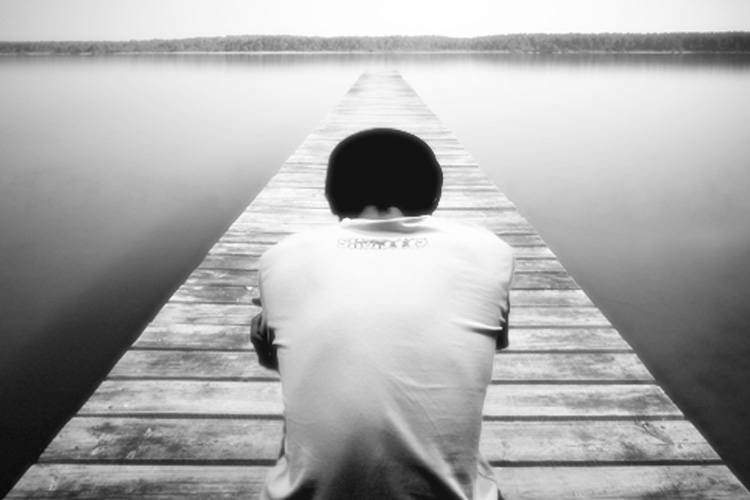We begin our new work week with a general educational-nostalgic post. Who do you think spends the most time reflecting on the past, yearning for the past, and doing other undoubtedly useful things? Of course, the long-lived elves. It is therefore not surprising that their languages have so many terms for various types of nostalgia. Some hyped-up German seensuht does not hold a candle to this abundance of vocabulary.
- reaghas /rʲæ'ɣa:s/ (clay) — "longing; passionate desire". Comes from the verb reagh "to worry, to suffer with the heart" and means approximately the same as the English longing. And from it a whole bunch of different things are formed.
1.1. cheating (formerly-toska) /çɛɪ̯.rʲæ'ɣa:s/ — “longing for the past; nostalgia.” There is similarly diureaghas (now-longing) /ɟ͡ʝu:.rʲæ'ɣa:s/ — discontent, aching of the heart from some things that are happening now, but you are not able to fix them. And, also, wáireaghàs (later-longing) /wa:ɪ̯.rʲæ'ɣa:s/ — passionate anticipation of something that should happen very soon.
1.2. cheireaghàmmalth /çɛɪ̯.rʲæ'ɣa:.m͈aɫθ/ (before-tosko-fear) is a very unique word. It denotes a peculiar feeling when you are nostalgic for something very old, and you have the opportunity to relive this moment that causes melancholy - but you are afraid to do it, because you understand that this time you will experience completely different feelings. If roughly, then like an adult who wants to slide down the slide again, but he does not do it, because he understands that he will not get such a charge of emotions.
- poigareaggi (human-longing) /'poj:.ga.re̯ag:.gi/ (sad.) — also a very characteristic word. It was formed by the elves-sadorei precisely because they communicated with people more than anyone else; originally it meant sadness from the death of a loved one — people live much less than elves, and therefore such incidents happened all the time. Now this word has slightly expanded its meaning, and now it also means sadness of separation from someone close.
The conclusion is this: be sad less, it's bad for your health. Good luck to everyone!

